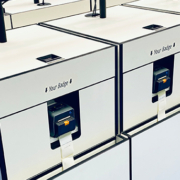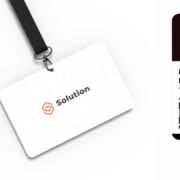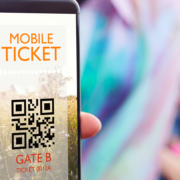Event and attendee management usually consists of a series of components, processes, tools and workflows that need to mesh seamlessly in order to achieve the perfect result for clients and attendees.
Software plays a particularly important role in participant management – but not only!
Good participant management starts with advice on the right processes and procedures. If you don’t ask the customer the right questions and draw the right conclusions from the answers, you may be in for a rude awakening during the course of the project.
In addition to “the tool” or “the software”, it is also about the content that is communicated to the guests. This must be conceived and created, and – just like the online registration and mailings – it must also have an appealing form and look, usually in the customer’s corporate design.
What information must be obtained from the guests, what queries are actually necessary for the perfect organization of the event and what does data protection actually say about this? What are the timings and deadlines, when should who be invited and how do you actually deal with latecomers?
All of these topics need to be thought through, coordinated, implemented and integrated into a tool – this requires graphic design services and project management. Once the guests have been invited, they may have queries or special requests that need to be dealt with. Depending on the event, hotel rooms or supporting programs may also need to be allocated, transfers organized or a seating plan drawn up. Not to forget – changes to the program need to be posted on the website quickly, reminders need to be sent regularly to people who have not responded and the customer needs special reports on a daily basis. Someone has to plan and do all of this, because the customer often doesn’t want to do it themselves.
Once the big day has arrived, it’s all about perfect service and efficient processes on site. Guests need to be checked in quickly and have their name badges printed. Changes or late registrations need to be dealt with quickly and perhaps suitcases or checkrooms also need to be accepted at check-in … The customer also wants to know at the touch of a button who and how many guests have already checked in and how many vegetarians are among them. These on-site services require know-how, personnel and the appropriate technology and equipment.
When you get all these services from a single source, we call it full service.
Not every customer needs or wants full service, but in times of a shortage of specialists and dwindling resources on the customer or agency side, the desired service level is constantly increasing. The next time you are looking for tenders and reviewing the offers, perhaps pay attention to whether the provider “only” provides a system in which you have to do everything yourself or whether the provider has the appropriate know-how, personnel and technology to be able to offer you real full service for your project.









